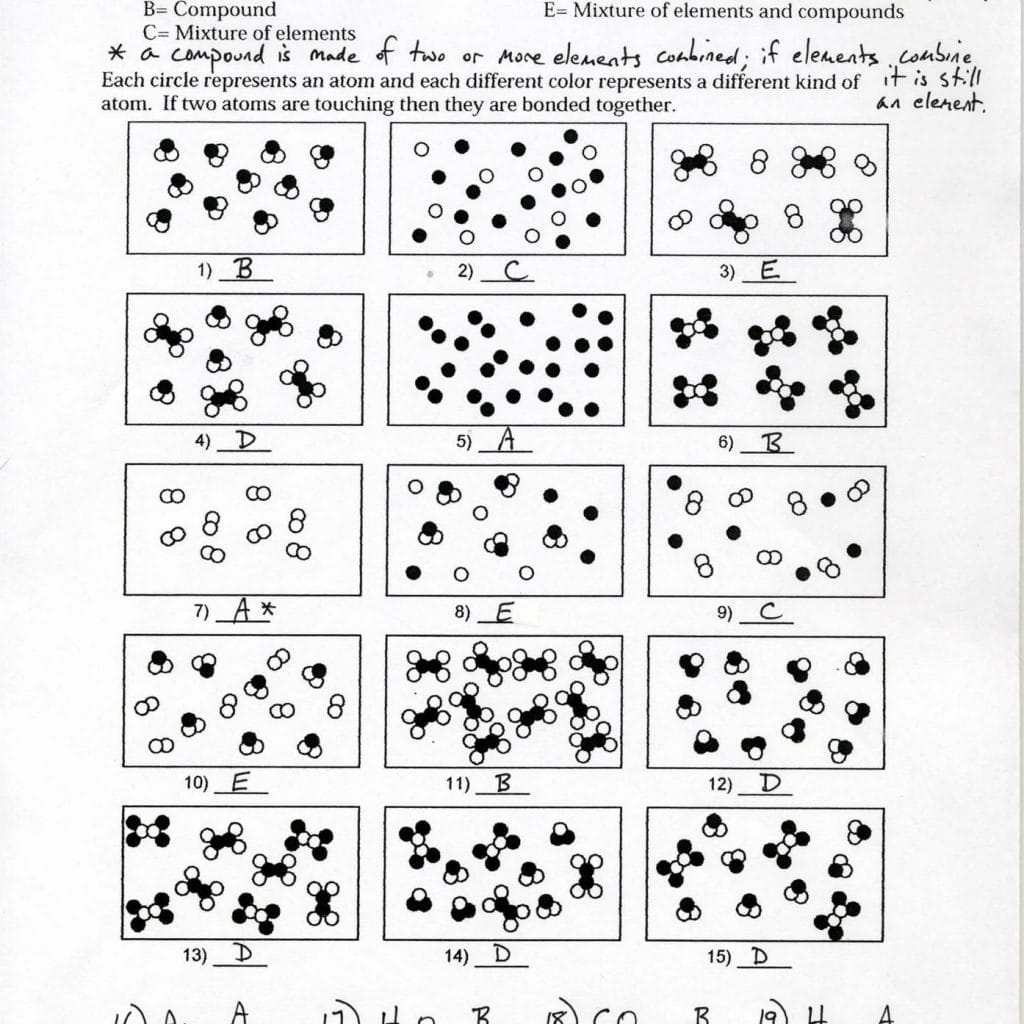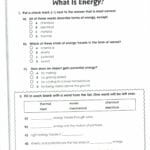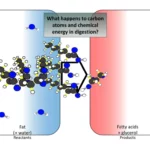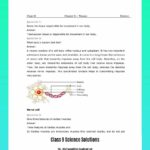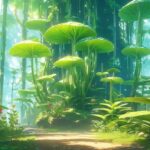Want to unlock the secrets of matter? Dive into the fascinating world of elements, compounds, and mixtures with our comprehensive guide, packed with free printable worksheets and engaging activities! Whether you’re a student, teacher, or just curious about the world around you, this guide will equip you with the knowledge and resources to master the building blocks of the universe.
What are Elements, Compounds, and Mixtures?
Imagine you have a box of LEGOs. Think of elements as the individual LEGO bricks – each one unique and representing a basic type of matter. Just like you can’t break a LEGO brick down further (unless you get really destructive!), elements are pure substances made of only one kind of atom, like oxygen (O), hydrogen (H), or gold (Au). Scientists have discovered over 100 of these fundamental building blocks, neatly organized in the periodic table.
Now, connect a few LEGO bricks. You’ve just built something new, right? That’s similar to a compound. Compounds are formed when two or more different elements join together chemically, in specific ratios, like following a LEGO instruction booklet. Water (H₂O), for example, is a compound made of two hydrogen atoms and one oxygen atom. Table salt (NaCl) is another – sodium and chlorine linked together. Interestingly, a compound’s properties are often completely different from the elements that make it up. Think about it: hydrogen and oxygen are gases at room temperature, but combined, they form liquid water!
Finally, imagine tossing a bunch of LEGOs into a bin – some individual bricks, some connected structures, all jumbled together. That’s a mixture! Mixtures are physical blends of different substances (elements or compounds) that aren’t chemically bonded. Air is a mixture of gases like nitrogen, oxygen, and argon. Saltwater is a mixture of salt (a compound) dissolved in water (another compound). Because the substances in a mixture aren’t chemically linked, you can usually separate them pretty easily, just like sorting your LEGOs by color or size. This can be done through methods like filtration or evaporation.
Unlocking Chemical Building Blocks: Worksheet Wonders & Engaging Activities
Worksheets are fantastic tools for reinforcing concepts and developing critical thinking skills. Here are some types of worksheets and activities that can help you master elements, compounds, and mixtures:
1. Identifying Elements: Detective Work with the Periodic Table
These worksheets are like detective games. Use clues like atomic number, symbol, and properties to identify different elements. It’s like a scavenger hunt on the periodic table!
2. Classifying Matter: Sorting the LEGO Pile
Sort different substances into the correct categories: element, compound, or mixture. Explain your reasoning, solidifying your understanding of the differences between these categories.
3. Decoding Formulas: Understanding Chemical Recipes
Chemical formulas are like recipes for compounds. H₂O tells us that water is made of two hydrogen atoms and one oxygen atom. Practice writing formulas, identifying elements within them, and even predicting a compound’s properties based on its formula.
4. Visualizing with Diagrams: Seeing is Believing
Diagrams help you visualize the arrangement of atoms and molecules. Analyze diagrams, describe bonding patterns, and interpret what they reveal about different substances.
5. Hands-On Experiments: Getting Your Hands Dirty
Conduct simple experiments, like separating a mixture of sand and salt using water and filtration, or creating models of molecules using modeling clay or even candy. This will allow you to observe the behaviour of elements, compounds, and mixtures firsthand. (Always follow safety precautions and have adult supervision when necessary.)
6. Interactive Simulations and Games: Learning Through Play
Explore virtual labs and interactive games that make learning fun and engaging. Simulate experiments without the need for physical materials, and test your knowledge in an entertaining way.
7. Real-World Connections: Seeing Chemistry Everywhere
Consider how elements, compounds, and mixtures play a role in everyday life, industries, and the environment. Why is oxygen important for breathing? How are mixtures used in cooking? What is the environmental impact of certain compounds? Exploring these connections makes learning more relevant. For example, ongoing research suggests that specific mixtures might be key to developing more sustainable materials in the future.
8. Digital Resources: Expanding Your Learning Toolkit
Take advantage of online quizzes, interactive videos, and educational apps. These resources can offer personalized feedback and adapt to your learning pace. You can find interactive quizzes on platforms like Quizizz. Solving graphing inequalities can be frustrating, use our graphing inequalities worksheet to help solve them.
Free Printable Worksheets and Answer Keys
Looking for high-quality, free printable worksheets to practice these concepts? Check out resources like Easy Teacher Worksheets and Twinkl. Many educational websites offer downloadable resources, often with answer keys included, aligned with specific curriculum standards like the KS3 Chemistry curriculum in the UK (specifically the Atoms and Periodic Table unit). These resources often include different types of activities such as fill-in-the-blank identification, sorting, and problem-solving scenarios. You might even find worksheets specific to elements and compounds, or activities focusing on the differences between them. Explore the Fredericksburg Expo that features the best in Virginia wine, craft beer, and spirits.
Beyond the Basics: Continuing the Learning Journey
Mastering elements, compounds, and mixtures is a stepping stone to understanding more complex chemical concepts. While the basic principles are well-established, there is ongoing research that continues to refine our understanding, especially in areas like exotic states of matter and the behavior of substances under extreme conditions. Who knows, future discoveries might even challenge some of our current knowledge! By staying curious and exploring the different resources available, you’ll embark on a fascinating journey into the building blocks of the universe.
- Unlock Water’s Symbolism: A Cross-Cultural Exploration - April 20, 2025
- Identify Black and White Snakes: Venomous or Harmless? - April 20, 2025
- Unlocking Potential: Origins High School’s NYC Story - April 20, 2025
